 As my new role within RKEO will concentrate on supporting academics with EU and international applications, I was very pleased to attend the recent UKRO Annual Conference.
As my new role within RKEO will concentrate on supporting academics with EU and international applications, I was very pleased to attend the recent UKRO Annual Conference.
Having provided dedicated support to Knowledge Transfer Partnerships for nearly three years, I have grown used to the friendliness and knowledge of my professional colleagues in the UK KTP world. I need not have worried as I found the EU funding community just as welcoming and knowledgeable. With Horizon 2020 ahead, most of the conference focused on initial findings, preparing for future bids and highlighting updated practice and opportunities since FP7.
Christina Miller (Director, UKRO) opened the conference then Tim Willis (Head, International Relations, BBSRC) led a session reviewing the start of H2020 and where the UK should be going.
David Wilson (BIS), outlined the role of the Technology Strategy Board and how H2020 links to the UK’s agenda for growth and innovation. Within H2020, innovation is ‘mainstreamed’ as are the social sciences and humanities. The difficulty SMEs have in engaging with EU funds was acknowledged but it was stressed that H2020 provides the framework for trust and tools to manage IP etc. We were left with a call to arms to help SMEs navigate this complex funding stream and to actively encourage such collaboration, with government support. Keith Sequeira (Member of Cabinet – Commissioner Geoghegan-Quinn) focused on how H2020 is integrated, simplified and challenge based, with the removal of disciplinary boundaries. The scheme also provides a stronger mechanism to ensure outcomes showing impact. Shearer West (Head of Humanities Division, University of Oxford) considered the implications of the mainstreaming of arts and humanities. Their role in supporting global challenges by providing context and perspective was shown as vital to the process of embedding innovation within policy development, ethics and economic growth. The example of the humanities in the H2020 Climate action Advisory Group, one of many EU expert groups, was explored.
Following this session there followed a lively debate from the floor, where the importance of EU funding to the UK and the engagement by UK HEIs were both evident.
The next session, presented by Dirk Beernaert (Adviser to the DG Connect), considered the routes available via H2020, in preparation for the digital revolution. Dirk gave an excellent overview of the funding topology and key themes – smart objects / platforms, human-centric and cyber security. The session ended with a question – will HEIs define or just participate? We were encouraged to be pro-active in influencing the funding roadmap.
I then attended a useful breakout session on IPR given by Lea Montesse of the European IPR Help desk. This outlined the processes to be undertaken in managing IP within the life of an EU project, from inception through to eventual exploitation. The key message here was to make more use of this service. My second breakout session was presented by Mathias Reddmann (Policy and Project Officer DG Connect) considered the focus area of Smart Cities and Communities. Unlike many other streams, the UK is not in the top three funding recipients here. The session outlined the European Innovation Partnership, which is not a funding instrument but a mechanism for collaboration. The application is a ‘light touch’ Invitation to Commitment for HEIs and SMEs.
The first day ended with a celebratory meal as this conference coincided with 30 years of UKRO. This was preceded by a reception hosted by the University of Bristol.
The second day dawned with a consideration of the annotated Model Grant Agreement, which included detailed discussion of costing, budgets, third parties vs. subcontractors, staff costs, payments, reporting and audits. Given some detailed questioning by some HEIs, David Mejuto Gayoso (Legal Officer, DG RTD), made a strong defence regarding some controversial issues in the changes from FP7 to H2020.
Alejandro Martin-Hobdey (Head of Unit, ERC) gave a fascinating and statistically-rich presentation of how the EU countries are responding to EU funding and the challenges and opportunities that this presents to the European Research Council. For BU, the Standard Grant appeared an attractive route into this funding. In terms of priories for ERA, these are gender, wider EU participation, international participation (with S. Korea and NSF mentioned), interdisciplinary proposals and clear impact evaluation. In questioning, Alejandro reported that 50% of grants are made to c. 50 institutions s with the UK dominated by the Russell Group members. During the Q and A, the potential of using companies and leverage and embedding the scheme within PDP for academics was aired.
Marie Sklodowska-Curie Actions, in terms of building successful partnerships with the non-academic sector, was explored by Kamila Partyka (Policy Officer, DG EAC). A key message from this session was that, in the EU, 45% of Post-Doc researchers work in the private sector, so EU funding needs to be used to prepare the best candidates to work in industry, not just in academia. The structure of these actions within H2020 was described, with particular reference to Innovative Training Networks (ITN). I noted that on the slide giving the top 20 participating HEIs in the UK that no post ’92 HEIs were listed…
Alan Cross (Head of Unit, DG RTD) then gave a revelatory review of the H2020 evaluation processes. This including scoring, key points for assessment (challenge based, impact, close to market and cross disciplinary), the role of the assessors who use the principles of independence, impartiality, objectivity, accuracy and consistency, eligibility, operational capacity, panel review processes and ensuring quality in terms of the panel.
The conference ended with Professor Jackie Hunt CBE (BBSRC) and David Golding (Head of EU and International Strategy, TSB) inspiring us all to go back and make better use of IP to promote business and academic research within innovation partnerships. The Innovative Medicines Initiative was used as a key example, along with BBSRC Research Industry Clubs, ELIXIR, ERA-NETS, EPI and KIC. The value of the TSB in supporting innovation was enthusiastically presented with the Enterprise Europe Network noted. Using other agencies, such as LEPs, trade associations and professional bodies was encouraged, as was the TSB’s desire to build real relationships, not just being a funder for x months.
By the end of the very full two days, my head was buzzing with potential opportunities for BU. Over the coming months, as Paul Lynch and I move to our new role in facilitating EU and International bidding at BU, we hope to inspire you with our enthusiasm for the over 400 schemes within the EU funding arena.
 A new guide for EU funding in the tourism sector has been published in line with a European Commission drive to promote competitiveness in the European tourism sector. The guide provides details of: type of tourism-related actions eligible for funding; type and level of funding; who can apply and how to apply. The guide is updated periodically and gives specific funding examples from previous projects.
A new guide for EU funding in the tourism sector has been published in line with a European Commission drive to promote competitiveness in the European tourism sector. The guide provides details of: type of tourism-related actions eligible for funding; type and level of funding; who can apply and how to apply. The guide is updated periodically and gives specific funding examples from previous projects. 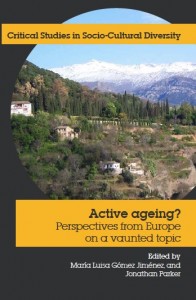
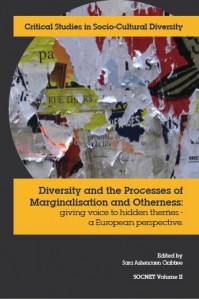
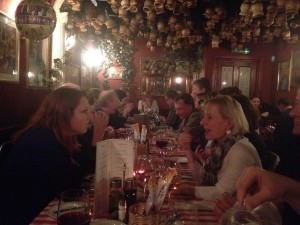

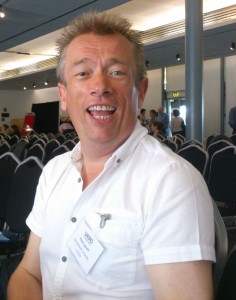







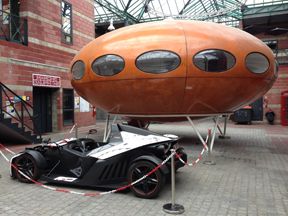

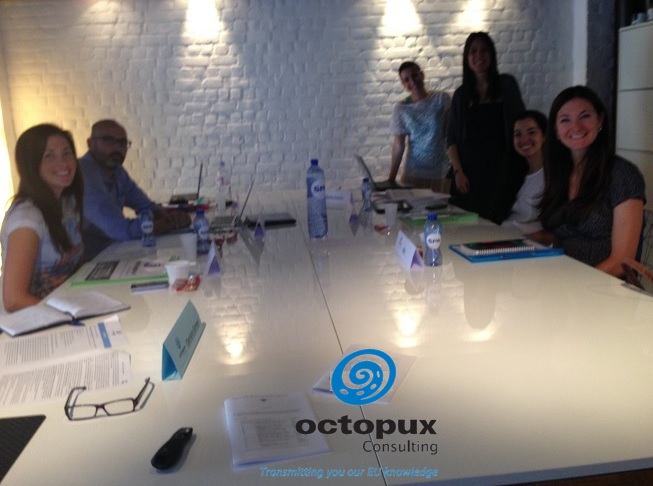

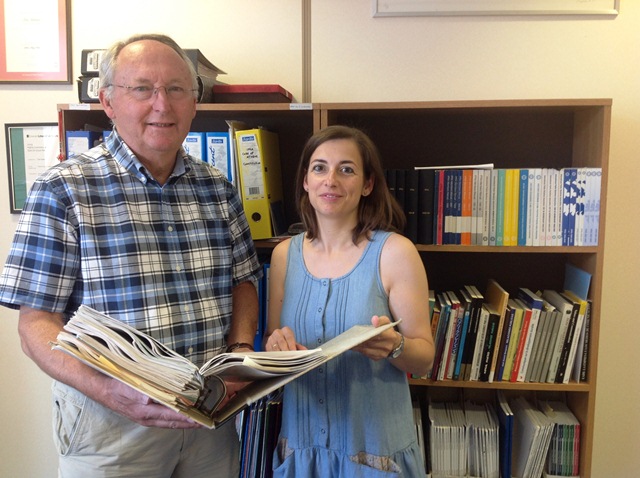

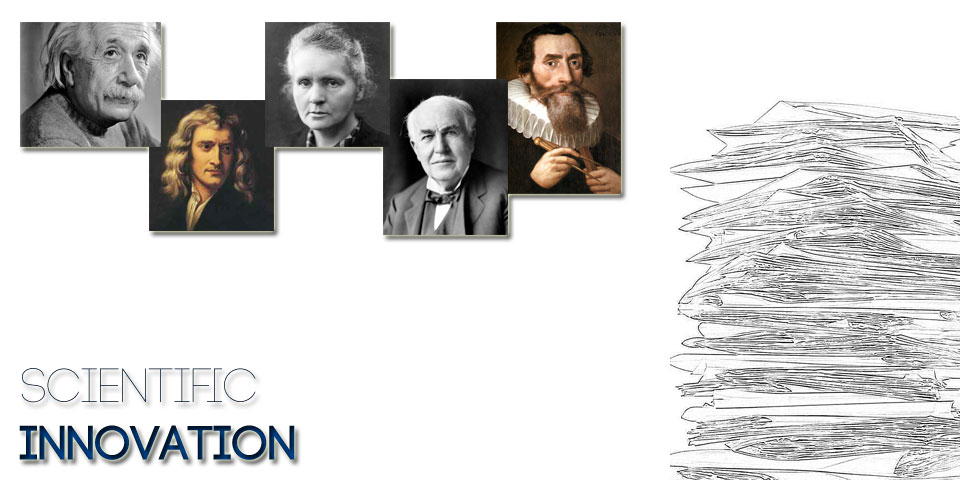




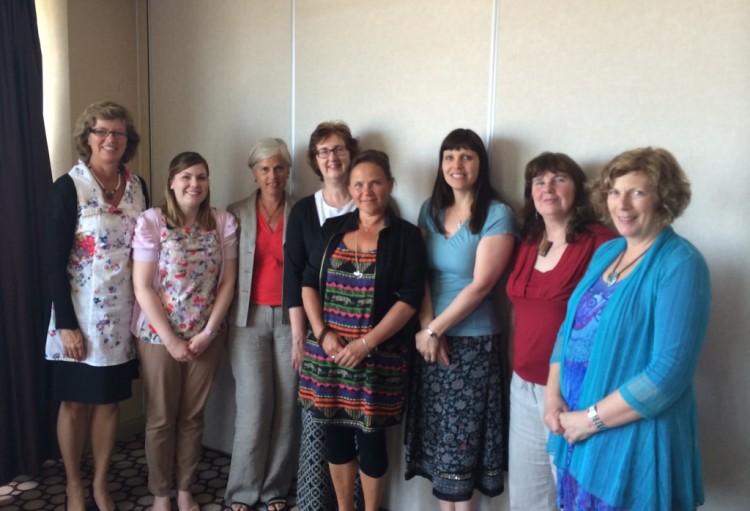












 FHSS academics teaching in Nepal
FHSS academics teaching in Nepal New weight change BU paper
New weight change BU paper One week to go! | The 16th Annual Postgraduate Research Conference
One week to go! | The 16th Annual Postgraduate Research Conference Geography and Environmental Studies academics – would you like to get more involved in preparing our next REF submission?
Geography and Environmental Studies academics – would you like to get more involved in preparing our next REF submission? Congratulations to three former BU staff
Congratulations to three former BU staff MSCA Staff Exchanges 2024 Call – internal deadline
MSCA Staff Exchanges 2024 Call – internal deadline Applications are now open for 2025 ESRC Postdoctoral Fellowships!
Applications are now open for 2025 ESRC Postdoctoral Fellowships! Horizon Europe – ERC CoG and MSCA SE webinars
Horizon Europe – ERC CoG and MSCA SE webinars MaGMap: Mass Grave Mapping
MaGMap: Mass Grave Mapping ERC grants – series of webinars
ERC grants – series of webinars